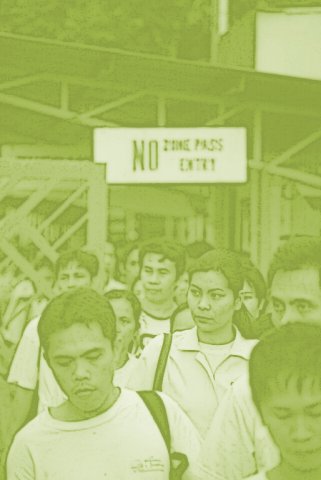Wages and Severance

Years of campaigning by trade union and labour rights organizations around the world have forced major apparel brands to acknowledge that the workers who make their products are entitled to wages that meet their basic needs by local standards.
Despite this acknowledgment, most garment workers’ wages remain far below a living wage, defined as the minimum amount needed to live a decent life, which includes access to housing, healthcare, food, education, and other basic necessities. Minimum wages for garment workers are, on average, an estimated 45% below the living wage in the major garment producing countries, where social safety nets are often non-existent.
MSN collaborates internationally with trade union, labour and women’s rights organizations to support their efforts to develop strategies to achieve a living wage in their countries.
National campaigns in countries like Bangladesh are calling on governments to raise wages for garment workers, while also calling on brands to change their purchasing practices to ensure supplier factories are able to respect workers’ right to a living wage.
Addressing wage and severance theft
In addition to chronically low pay, wage and severance theft have long been an issue in the garment and textile industry, where workers are particularly vulnerable due to violations of the right to freedom of association.
Cases of wage and severance theft spiked during the global Covid-19 pandemic and the subsequent economic shocks, shedding light on the inequalities embedded in the global supply chain system. Brands chose to protect profits, seeking to push risks further and further down the supply chain onto a poor and largely female workforce in the global south. Many factory owners did the same, failing to pay legally owed wages and severance when faced with financial strain and canceled orders, which often resulted in factory closures.
In coordination with other international labour rights organizations, MSN supports garment workers and their unions in advocating for their right to legally owed backpay, severance and other terminal benefits in cases of layoffs, suspensions and factory closures.
